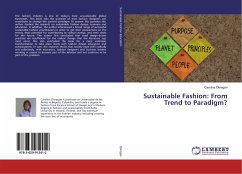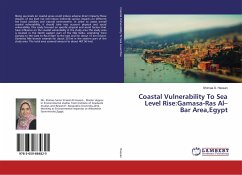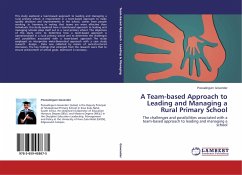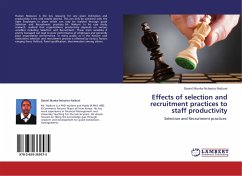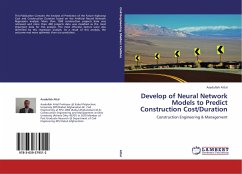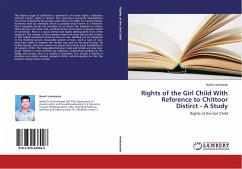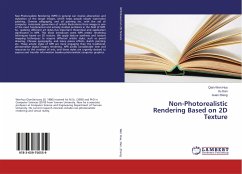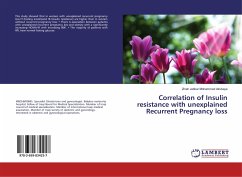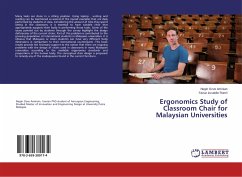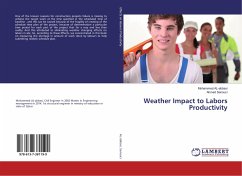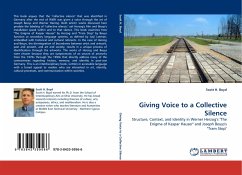
Giving Voice to a Collective Silence
Structure, Context, and Identity in Werner Herzog''s "The Enigma of Kaspar Hauser" and Joseph Beuys''s "Tram Stop"
Versandkostenfrei!
Versandfertig in 6-10 Tagen
39,99 €
inkl. MwSt.

PAYBACK Punkte
20 °P sammeln!
This book argues that the "collective silence" that was identified in Germany after the end of WWII was given a voice through the art of Joseph Beuys and Werner Herzog. Both artists' works discussed here predate the labeling of "collective silence," yet Herzog's film and Beuys's installation speak within and to that silence. This book examines how "The Enigma of Kaspar Hauser" by Herzog and "Tram Stop" by Beuys function as secondary language systems, as defined by Jurji Lotman, embedded with historical and cultural referents. In the case of Herzog and Beuys, the disintegration of boundaries be...
This book argues that the "collective silence" that was identified in Germany after the end of WWII was given a voice through the art of Joseph Beuys and Werner Herzog. Both artists' works discussed here predate the labeling of "collective silence," yet Herzog's film and Beuys's installation speak within and to that silence. This book examines how "The Enigma of Kaspar Hauser" by Herzog and "Tram Stop" by Beuys function as secondary language systems, as defined by Jurji Lotman, embedded with historical and cultural referents. In the case of Herzog and Beuys, the disintegration of boundaries between artist and artwork, past and present, and art and society, results in a unique process of identification through the artworks. The works of Herzog and Beuys were chosen because they are symptomatic of an oeuvre of artworks from the 1970s through the 1990s that directly address many of the controversies regarding history, memory, and identity in post-war Germany. This is an interdisciplinary book, written in accessible language with a broad appeal to readers who are interested in art, identity, cultural processes, and communication within societies.



